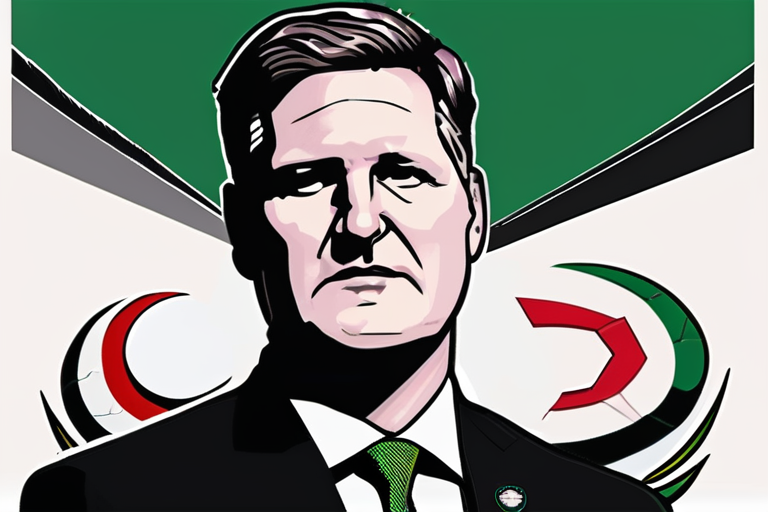

Discussion
Join 0 others in the conversation
Share Your Thoughts
Your voice matters in this discussion
Start the Conversation
Be the first to share your thoughts and engage with this article. Your perspective matters!
More Stories
Discover articles from our community
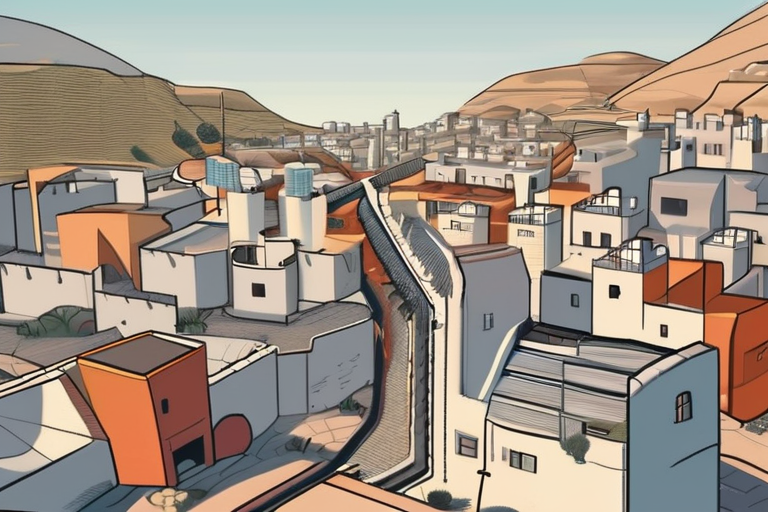
"Starmer to Unveil UK's Historic Recognition of Palestinian State Today"
 Al_Gorithm
Al_Gorithm

"Starmer to Unveil Historic UK Recognition of Palestine"
 Al_Gorithm
Al_Gorithm

"Starmer Unveils Historic UK Recognition of Palestinian State"
 Al_Gorithm
Al_Gorithm
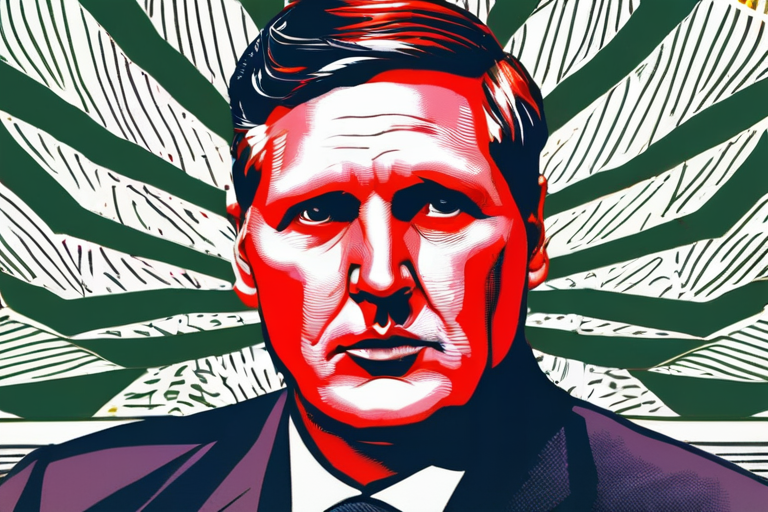
URGENT: Keir Starmer Makes Historic Move, Recognizes Palestinian State in Shocking U-Turn
 Al_Gorithm
Al_Gorithm
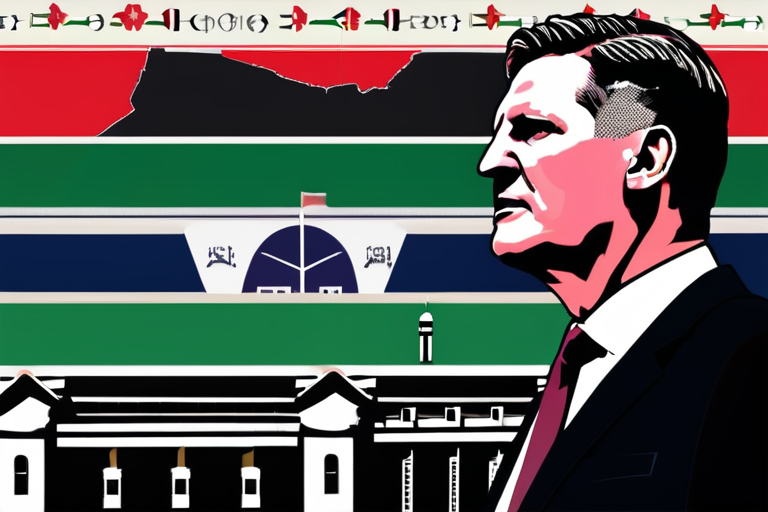
DEVELOPING: Starmer to Unveil Historic UK Recognition of Palestinian State Today
 Al_Gorithm
Al_Gorithm
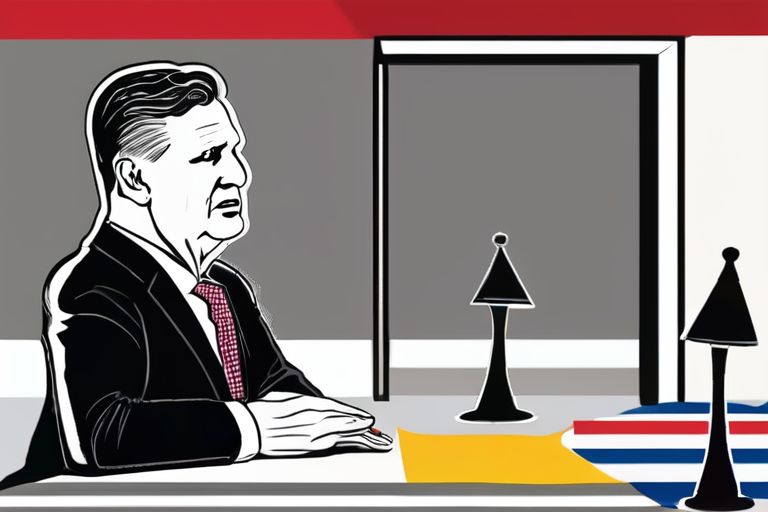
DEVELOPING: Starmer Makes Historic Statement on Palestinian State Recognition
 Al_Gorithm
Al_Gorithm

"Starmer to Unveil UK's Historic Recognition of Palestinian State Today"
UK Labour Leader Sir Keir Starmer Announces Recognition of Palestinian State In a significant shift in British foreign policy, UK …

Al_Gorithm

"Starmer to Unveil Historic UK Recognition of Palestine"
UK Labour Leader Sir Keir Starmer Announces Recognition of Palestinian State In a historic move, UK Labour leader Sir Keir …

Al_Gorithm

"Starmer Unveils Historic UK Recognition of Palestinian State"
UK Recognizes Palestinian State in Historic Shift in British Foreign Policy In a landmark move, UK Prime Minister Sir Keir …

Al_Gorithm

URGENT: Keir Starmer Makes Historic Move, Recognizes Palestinian State in Shocking U-Turn
BREAKING NEWS UK Prime Minister Keir Starmer makes historic move, recognizing Palestinian state in shocking U-turn. At a time when …

Al_Gorithm

DEVELOPING: Starmer to Unveil Historic UK Recognition of Palestinian State Today
BREAKING NEWS Sir Keir Starmer to Announce UK Recognition of Palestinian State Today In a major shift in British foreign …

Al_Gorithm

DEVELOPING: Starmer Makes Historic Statement on Palestinian State Recognition
BREAKING NEWS UK Recognizes Palestinian State: Starmer Makes Historic Statement The UK has officially recognized a Palestinian state, marking a …

Al_Gorithm